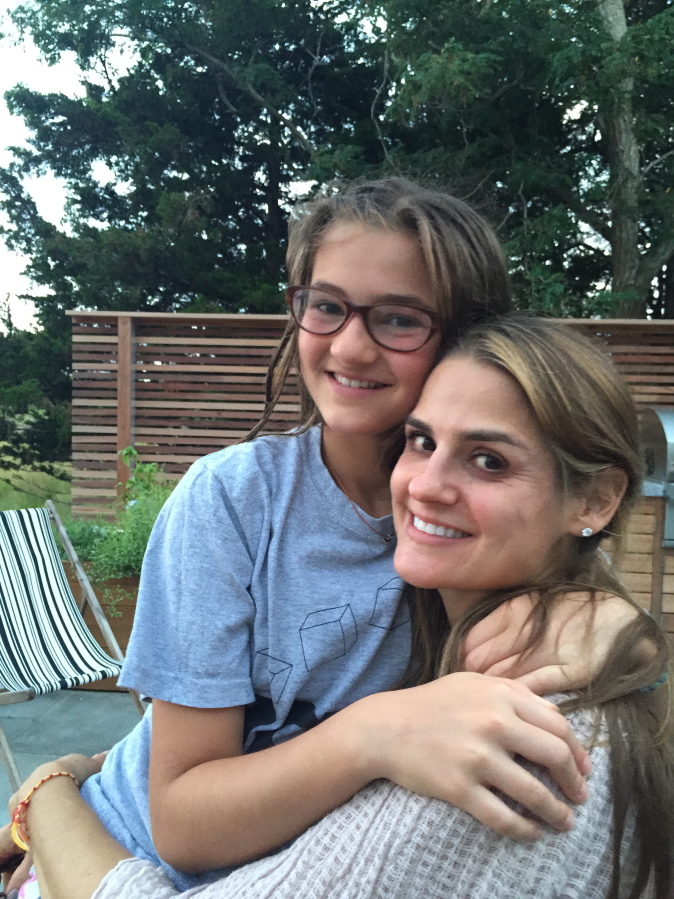NEW YORK — Putting pen to paper in this easy age of email, texting and phones means that parents, as well as their little campers, are flexing dormant muscles when they attempt to communicate.
That can make for stiff or uninspired letters.
“Children do not get letters from their parents anymore and it is very different from an email. You really have to think about what you are writing. You go to a quiet place in your mind, and each sentence is full of meaning and feeling, versus an email that is quickly typed and sent,” said Hugh Haller, chief executive of the Camping and Education Foundation, which owns two wilderness-focused summer camps in northern Minnesota.
“Our campers live and die to get letters from home. It is a monumental thing to come back from a trip after being away in a canoe for two weeks and there is a letter from your parents,” he added. “But we always try to tell parents that when they do write letters to be very encouraging and supportive of what kids are doing, and not talk about home.”
Keep the gushing about trips and outings without kids to a minimum, camp directors and consultants agreed, and think hard about when and how to share bad news from home, such as a death in the family.
Kanakuk Kamps in Branson, Mo., has hosted more than 300,000 campers, from every state and several countries, since 1926. As at many camps, personal technology is not allowed, so letters are the only way parents communicate with kids, said Collin Sparks, the Christian camp’s executive director of ministries.
“Parents’ words play an integral part in homesickness, a big concern for first-time camp moms and dads,” he said.
Rather than even hint that life is oh-so-much fun without them, parents should keep campers of all ages up to date on things their kids love, Sparks suggested. Send them a sports score on their favorite team, or encourage them to talk about how they tackled a new sport or activity.
Denise Wilson in Brooklyn has a two children, a 12-year-old daughter and a 14-year-old son. Both are seasoned campers.
“My daughter has told us she does not like hearing about the good times she might be missing,” Wilson said. “We generally focus on telling funny anecdotes about our day, news about her brother, the dogs. Something that makes her laugh but nothing that she would want to have taken part in.”
While a few questions are fine, Wilson has found that too many can make her kids feel pressured to write back more often than they would like. Another pitfall, she said, is heavy-handed disapproval or reprimands.
“I know one parent whose child was a bit overweight and she kept reminding her not to eat too many sweets,” she said.
Instead, try prompting a camper to describe new camp friends. Or try a joke. Parents and camp administrators alike suggested enlisting other loved ones too to pile on the letters.
Don’t overreact to news in campers’ letters that might seem worse than it is.
Dottie Reed, head administrator of Camp Pemigewassett, a boys’ camp in the White Mountains of New Hampshire, recalled a first-time, 11-year-old camper who wrote home to his parents: “I don’t want you to lie, but can you just call camp and tell them someone died and you need to come get me?”
The parents didn’t, she said. The boy ended up working through his homesickness and attending the camp for four more years.
Mom Cynthia Flash in Bellevue had a mishap when attempting to entertain her son in letters when he was a first-time camper at age 8.
She wrote him a fictional, serialized story about their new dog, Hannah, who was adopted several weeks before he left for camp.
She included one short chapter in each letter; in Chapter 4, the dog ran off, but only temporarily. The first thing out of her son’s mouth when he stepped off the bus at the end of camp was: “‘Did you find Hannah?”’
He had shed tears worrying about his new pet.
“I asked if he had read ALL the letters. Of course he hadn’t. He was too busy playing soccer and baseball,” Flash said. “When he got home I noticed that many of the letters weren’t even opened. The only one he read was Chapter 4.”



